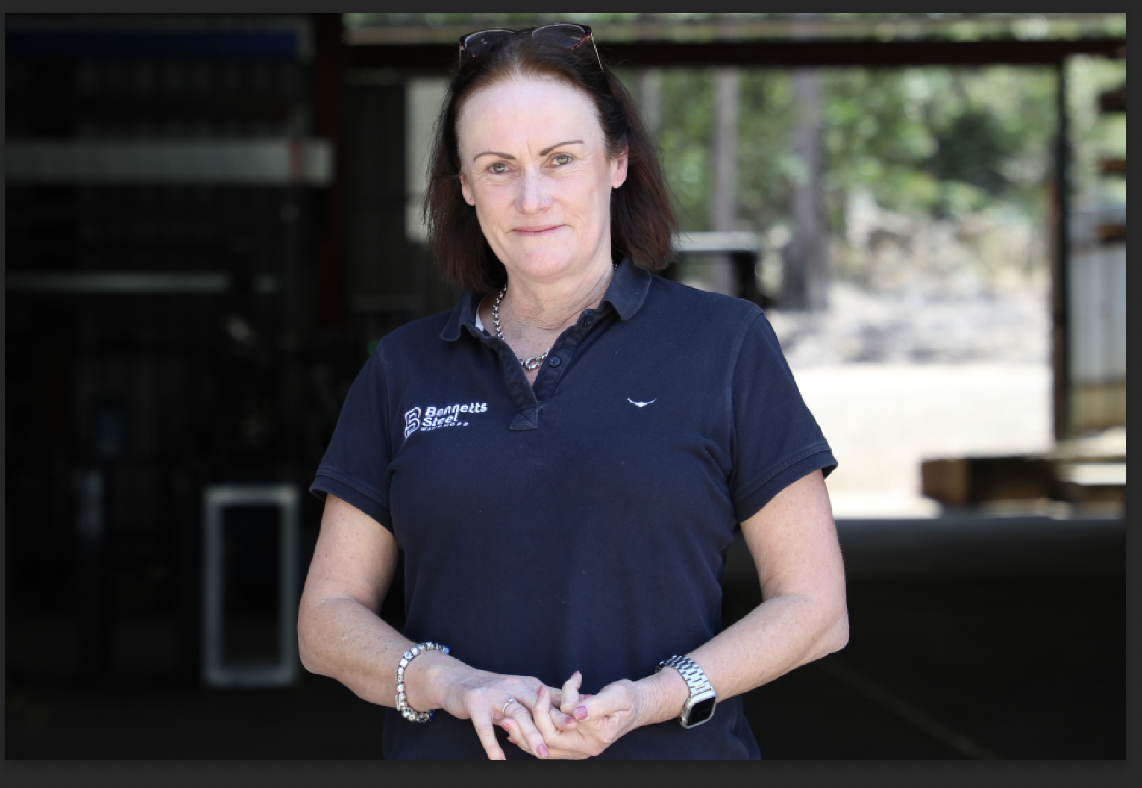

The Tweed River is not the only dividing line between NSW and Queensland businesses. It has also become a line where, on one side, businesses have much more affordable insurance and hence the ability to protect themselves.
Northern NSW and South-East Queensland were both damaged by ex-Tropical Cyclone Alfred in March, with an estimated damage bill in the hundreds of millions of dollars.
Yet it is only businesses south of the Tweed River that pay the Emergency Services Levy on their insurance policies.
This NSW Government levy adds upward of 20% to business insurance premiums, something Queensland businesses do not have to worry about.
All other states and territories have reformed their insurance schemes to remove the emergency services levy, reducing their cost of insurance.
This has made insurance more accessible creating a more appealing business environment and their economies more resilient.
For example, one of our retail and manufacturing members – Bennetts Steel in Wauchope on the Mid-North Coast – paid $12,730 for their general business insurance premium this year.
If they were to be based north of the Tweed River, Business NSW analysis estimates they would be paying $10,233 which is $2497 (about 20% less).

Shiree Bennett | Bennett's Steel | Member since 2008
Since mid-2023, business insurance has been the number one cost concern for business.
During that time - over the course of seven quarterly Business Conditions Surveys - business insurance costs have outranked taxes, levies and other government charges, energy costs, wages and supplier costs as the number one issue.
We expect this trend to continue for some time. The inefficient and unfair design of the ESL has a profound impact on the cost of doing business in NSW and puts NSW at a distinct disadvantage.
The ESL is added to the base premium first, followed by GST and then NSW stamp duty. As premiums increase, these two taxes — ESL and stamp duty — compound the overall cost, causing a sharp rise in the total price of insurance.
ESL, GST and stamp duties also lead to chronic underinsurance and non-insurance.
The ESL discourages people from obtaining insurance, ultimately reducing overall coverage within the scheme.
The insurance crisis is an urgent issue that cannot wait for long-term fixes.
While reforms are underway to enhance affordability and accessibility, businesses require immediate relief. Failing to address these challenges promptly will only heighten economic risks for our state.
Under the present model people who do the right thing and take out insurance pay a steep price for everyone else’s fire and emergency services.
Alarmingly, a December survey of Business NSW members found that 64% of respondents were not fully insured against catastrophic events. This leaves businesses exposed and underscores the urgent need for systemic reform.
While there is a direct link between natural disasters and spiralling insurance premiums, many businesses are seeing skyrocketing premiums for essential but unrelated covers. Public liability and professional indemnity insurance are two such examples.
These are non-negotiables for businesses to operate, maintain staff, and secure leases.
The current insurance market fails to meet the needs of modern businesses. Standard insurance products, with slow decision-making processes and inflexible payout structures, are ill-suited to the dynamic challenges businesses face today.
Those who manage to secure payouts are often required to rebuild exactly as before, perpetuating vulnerabilities to future disasters.
Moreover, competition in the insurance sector is deteriorating. Businesses are left with fewer options, higher premiums, and diminishing coverage.
The government increasingly bears the financial burden as the insurer of last resort, a trend exacerbated by the growing frequency and intensity of natural disasters. When insurance fails we all pay – as taxpayers.
For years, Business NSW has called for the removal of the Emergency Services Levy (ESL) and stamp duty on insurance premiums. These taxes disproportionately inflate the cost of insurance, compelling many businesses to forgo coverage entirely.
As one of our members said recently “it also unspeakably unfair that those of us who buy insurance to protect ourselves and our businesses are paying the way for those who eschew insurance”.
We commend the NSW Government’s first steps to reforming the ESL system to align with other mainland states. However, these reforms must be accelerated to provide immediate relief to struggling businesses.
The insurance crisis is not a problem that can wait for long-term solutions. While reforms to improve affordability and accessibility are underway, businesses need immediate support. Delays in addressing these issues will only deepen the economic risks to our state.
The impact of inaction is clear: uninsurable businesses lead to closures, job losses, and a weakened economy. The NSW and federal governments have the opportunity to act decisively and ensure a sustainable future for our business community.
Business NSW stands ready to work with government and industry stakeholders to drive these reforms. By implementing these measures, we can safeguard the competitiveness of NSW businesses and build a more resilient economy for all.
The time for action is now.